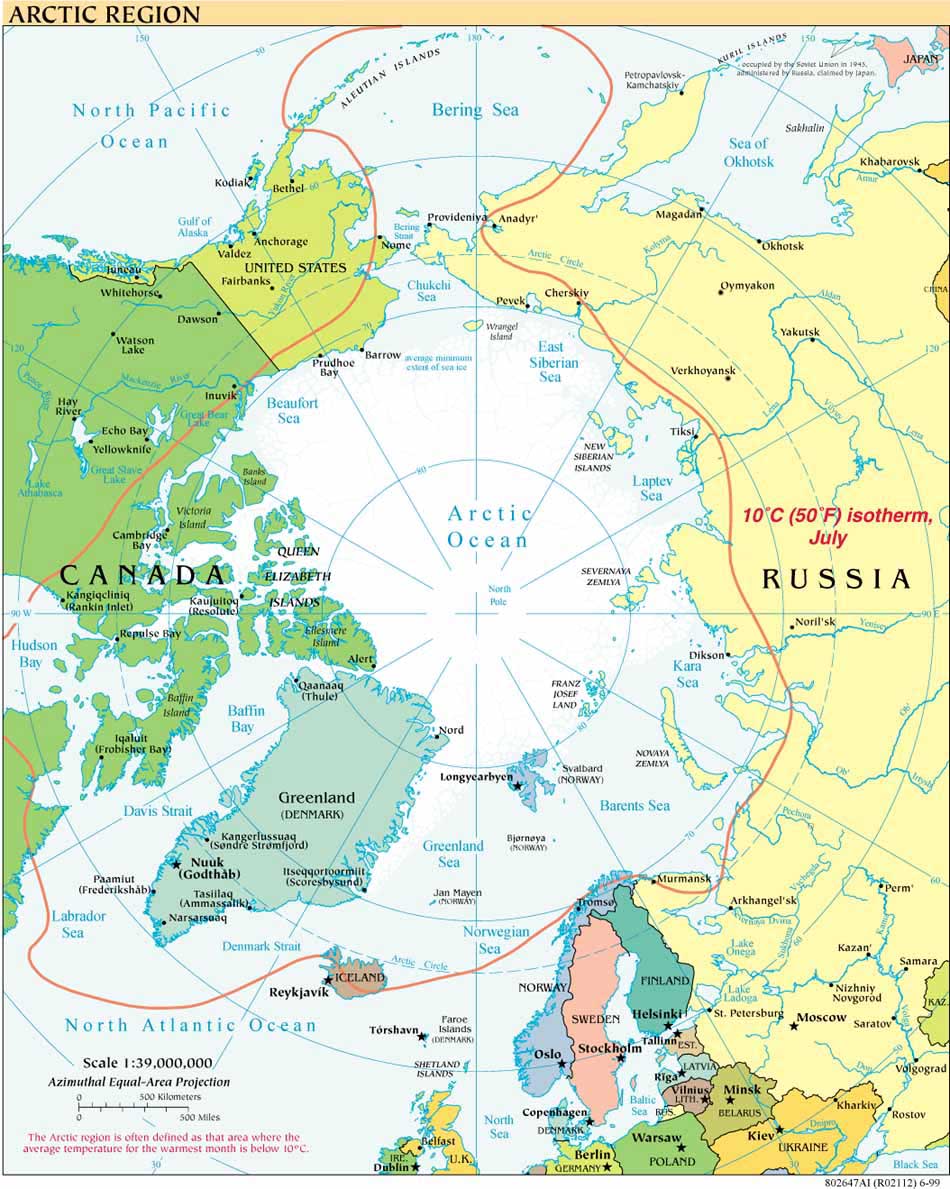Of the many valuable contributions by the U.S. Department of State, Oceans and Fisheries Directorate, two are especially noteworthy:
David Balton, Deputy Assistant Secretary for Oceans and Fisheries, offered a clear articulation of the precautionary approach as embodied in the effective ban on commercial fishing in U.S. federal arctic waters contained in the Fishery Management Plan for Fishery Resources of the Arctic (under Secretarial review). The plan was adopted by the North Pacific Fishery Management Council in February 2009. NOAA recently opened the public comment period on the policy, which closes July 27, 2009. Balton framed the discussion as acknowledging that relatively little is known about arctic fisheries, and as thinking now about fisheries management later, a message similar to his remarks to the FAO radio agency in Rome earlier this year.
Margaret F. Hayes, Director, Office of Ocean and Polar Affairs, spoke of the evolving approach of the United States to extended continental shelf issues. In discussing the United States response to Russia’s 2001 submission to the Commission on the Limits of the Continental Shelf she observed that, in hindsight, the response reflected an inadequate appreciation of the complexities and subtleties of arctic geology.
The formal program included representatives of most arctic stakeholders, with the notable exception of the native Alaskan communities. Earl Kingik, member of the Native Village of Point Hope, Alaska and Inupiat subsistence hunter and whaler, graciously accepted an 11th-hour invitation to join the panel on Arctic Marine Environment and Biodiversity, a gesture all the more remarkable given that Point Hope was in the midst of whaling season.
One of the gems of the conference was the very last session on the Svalbard treaty area. Even under severe time limitations, Robin Churchill, University of Dundee and Geir Ulfstein, University of Norway, gave masterful overviews of the potential complexities of competing claims in Svalbard offshore areas and the status of maritime zones around Svalbard.
Canada was especially well represented amongst panelists and moderators (see the program for their individual topics): Nigel Bankes, Aldo Chircop, Rob Huebert, Suzanne Lalonde, Ron Macnab, Ted McDorman, Lori Ridgeway (Fisheries and Oceans Canada, in absentia) and David VanderZwaag. Those interested in Canadian - United States relations regarding ocean affairs are encouraged to consult McDorman's very recent and topical book, Salt Water Neighbors.
Notable for observers concerned about translating science for policy-makers was the common reaction from many in the audience to Stephen Macko’s sobering presentation on changes in the arctic marine environment. His emphasis on acidification of the oceans built on information known to most audience members in connection with coral reefs but emphasized the less often realized potential for that acidification to weaken the shells and protective layers of crustaceans and other forms of marine life.
This year the Law of the Sea Institute at Berkeley Law joined COLP as a sponsor of the annual conference.



